These modders are on a mission to remake Half-Life's most obscure spin-off
For years, modders started and abandoned remakes of PS2 spin-off Half-Life Decay. Now one group aims to finish the job.
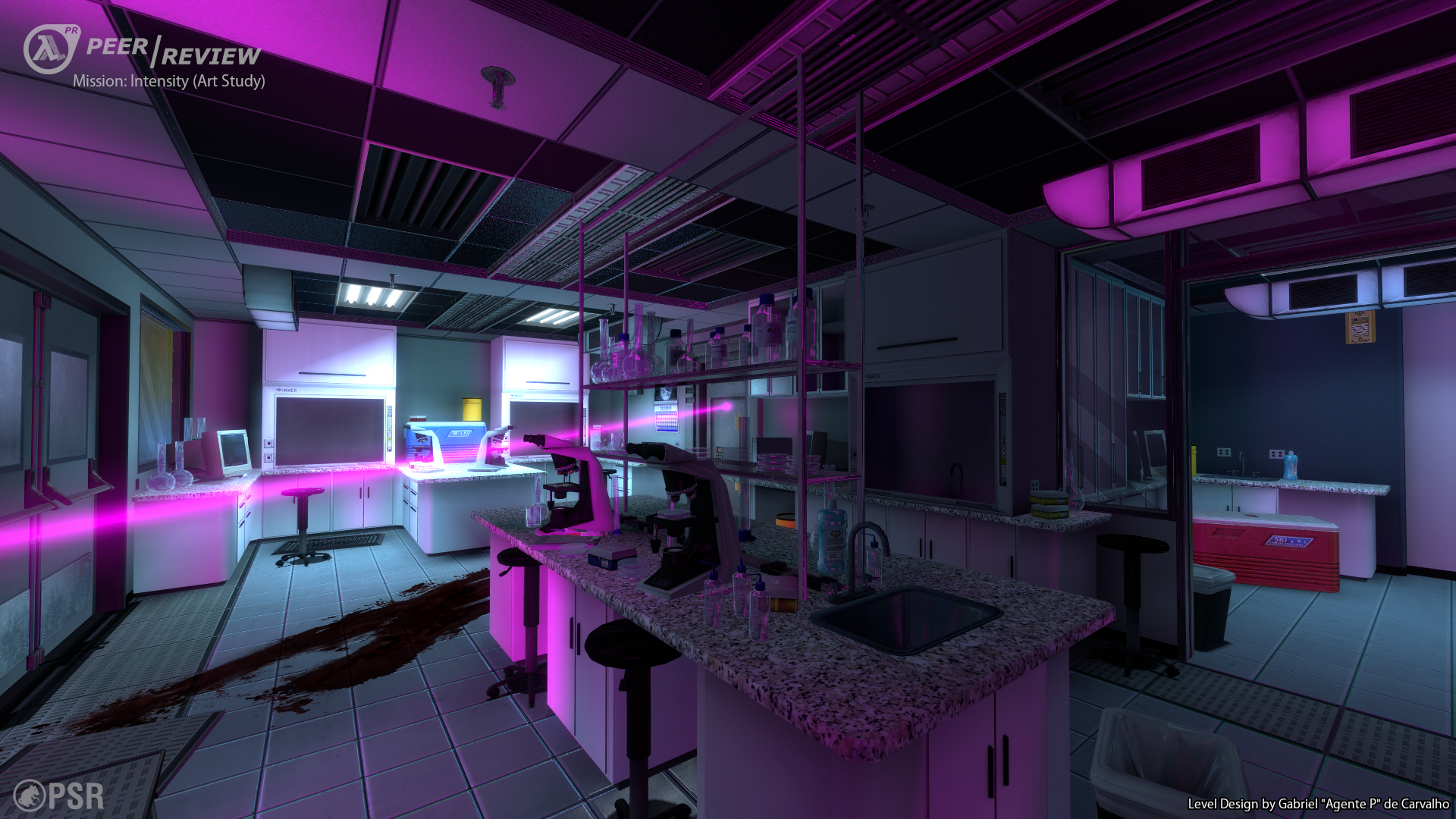
No game with Half-Life in its name feels more disconnected from Valve's beloved series than Half-Life: Decay, a nearly forgotten co-op PS2 expansion developed by Gearbox in 2001. It's jarring to play today—after Half-Life 2 and Alyx, Decay doesn't feel much like what we've come to expect from a Half-Life game. Now 20 years old, Decay is about as forgotten as anything Half-Life can be, but it still has a cult following of fans who see its quirks as a testament to Half-Life's experimental history. More than a few fans have tried to revive it in the Source engine over the years. Every project so far has failed, but a new remake called Peer Review may manage to pull it off.
"The idea of a Decay remake became something of a mockery," says Peer Review level designer Ryan Lam. "If you wanted to remake Decay, no one would take you seriously."
That reputation didn't stop Lam and three other modders from taking on the idea. Peer Review actually started way back in 2014, when they and other modders were working on an adaptation of Half-Life's tutorial called Black Mesa Hazard Course. During Hazard Course's development, a chunk of the team split off to create an initial build for Peer Review. "The records that we have of it go back to 2014," says Ryan Lam. "I don't think any of us remember who was the first to think of doing a Decay remake."
It's a natural instinct for Half-Life fans, though—the wait for Half-Life: Alyx was so long, just about everything in the franchise has gotten a community remaster at this point. Black Mesa is the most famous, and separate remasters for Gearbox expansions Blue Shift and Opposing Force are also in the works.
When they tackled Decay, the Peer Review group wanted to make sure that public opinion wouldn't bog them down. They kept development quiet until a playable build was available. "It was top-secret. Everyone was either wondering what we were up to or just forgot about our existence," Lam says.
One of the biggest hurdles in reinventing Decay was its singular design: it's still the only co-operative Half-Life game to date. Decay's campaign has you and a friend playing as Gina Cross and Colette Green, prominent Black Mesa physicists who are responsible for delivering the Xen crystal to the anti-mass spectrometer where Gordon Freeman initiates the cataclysmic event that jumpstarts the series.
"We wanted to make something that played well and really took as much advantage of the co-op format as we could, but still felt like Half-Life, so that involved a ton of gameplay experimentation on our end," Ryan says.
The biggest gaming news, reviews and hardware deals
Keep up to date with the most important stories and the best deals, as picked by the PC Gamer team.
Artist Notewell Lyons says that the team tries to keep "the overall purpose and vibe reminiscent of the original," but they've reworked the settings of some maps and changed bits of the story where it makes sense.
Animator Michael Tannock takes more of a purist approach: "I'd like to keep as much from the original as possible whilst also making improvements and additions," he says.
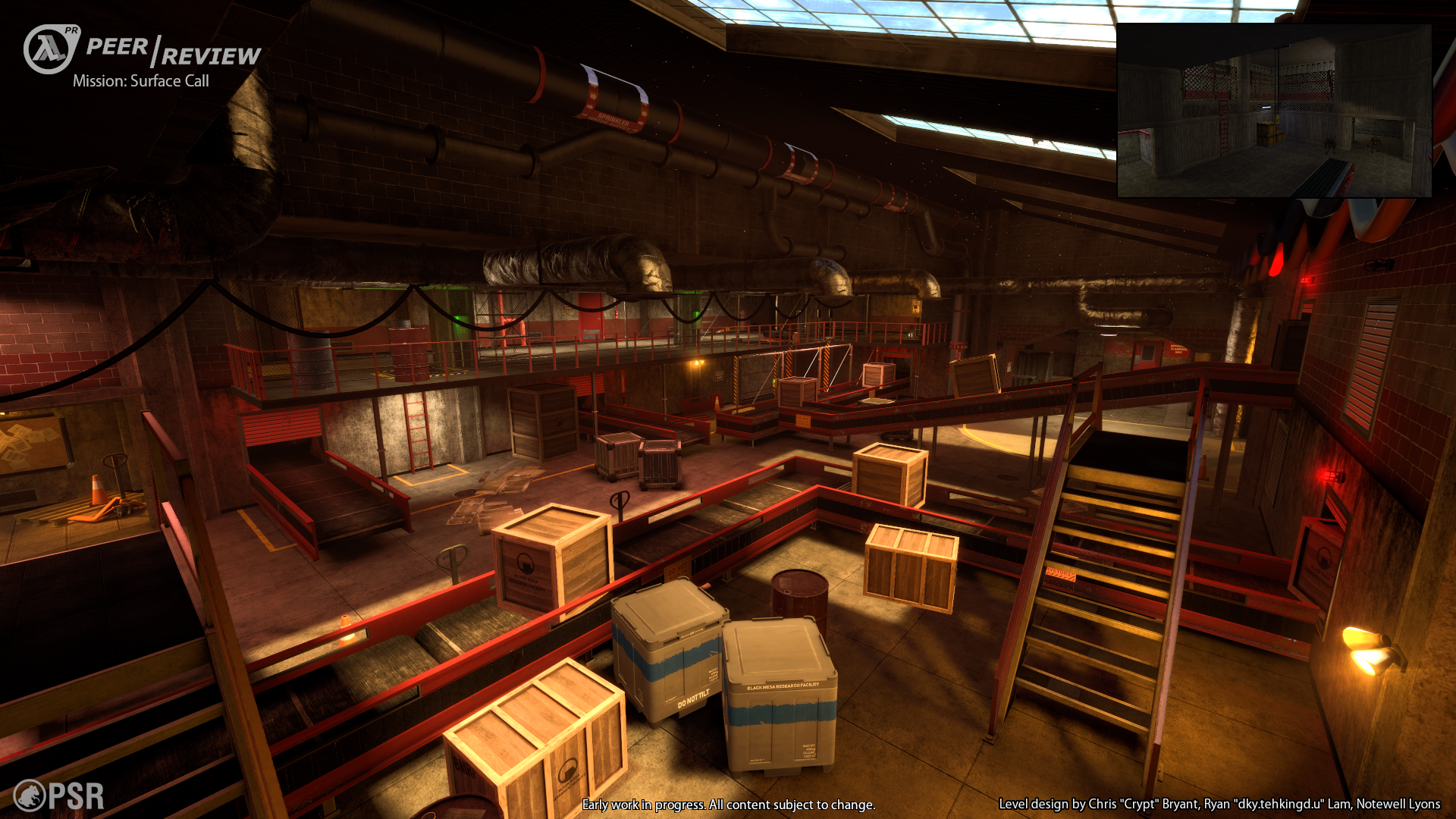
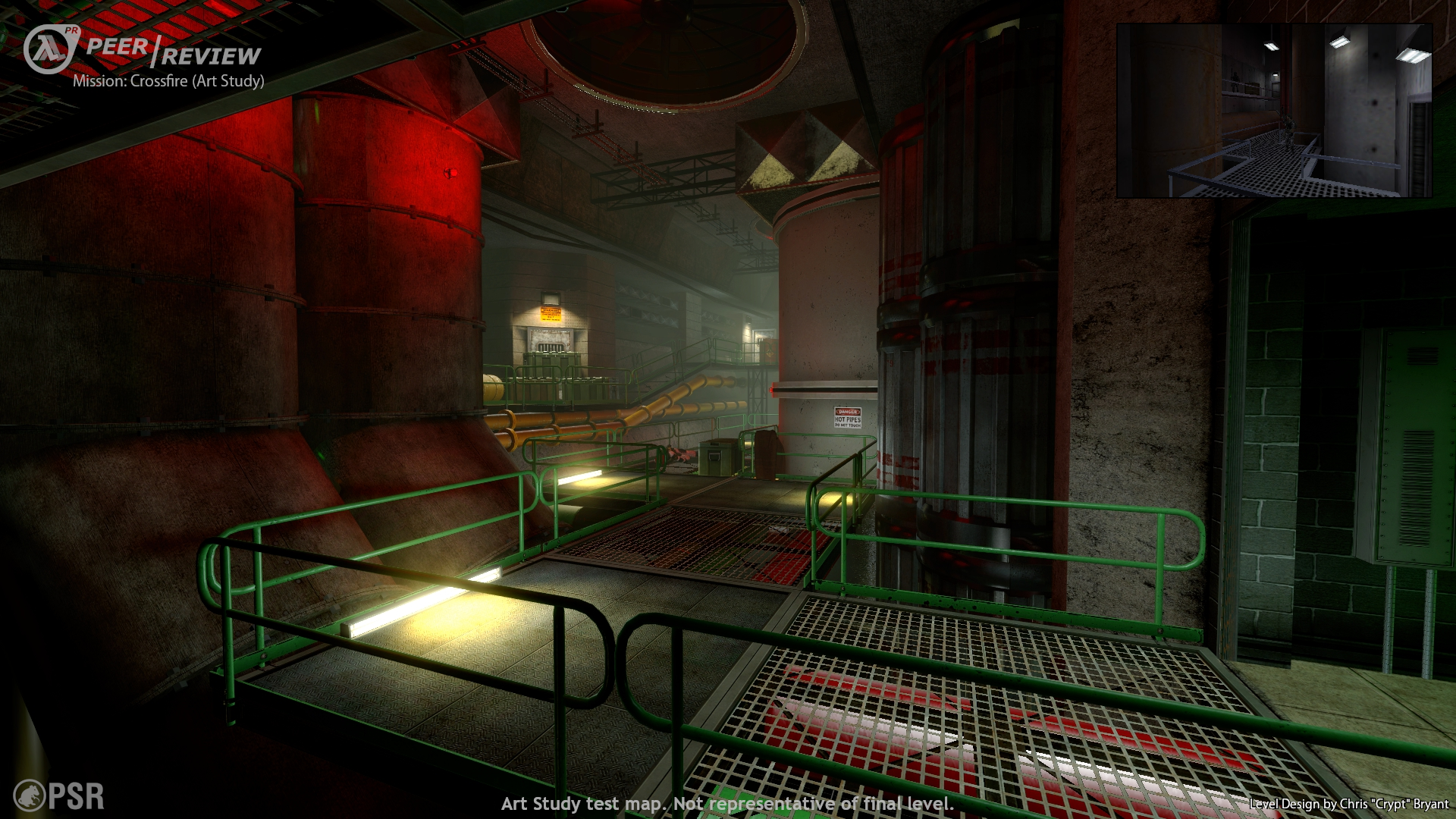
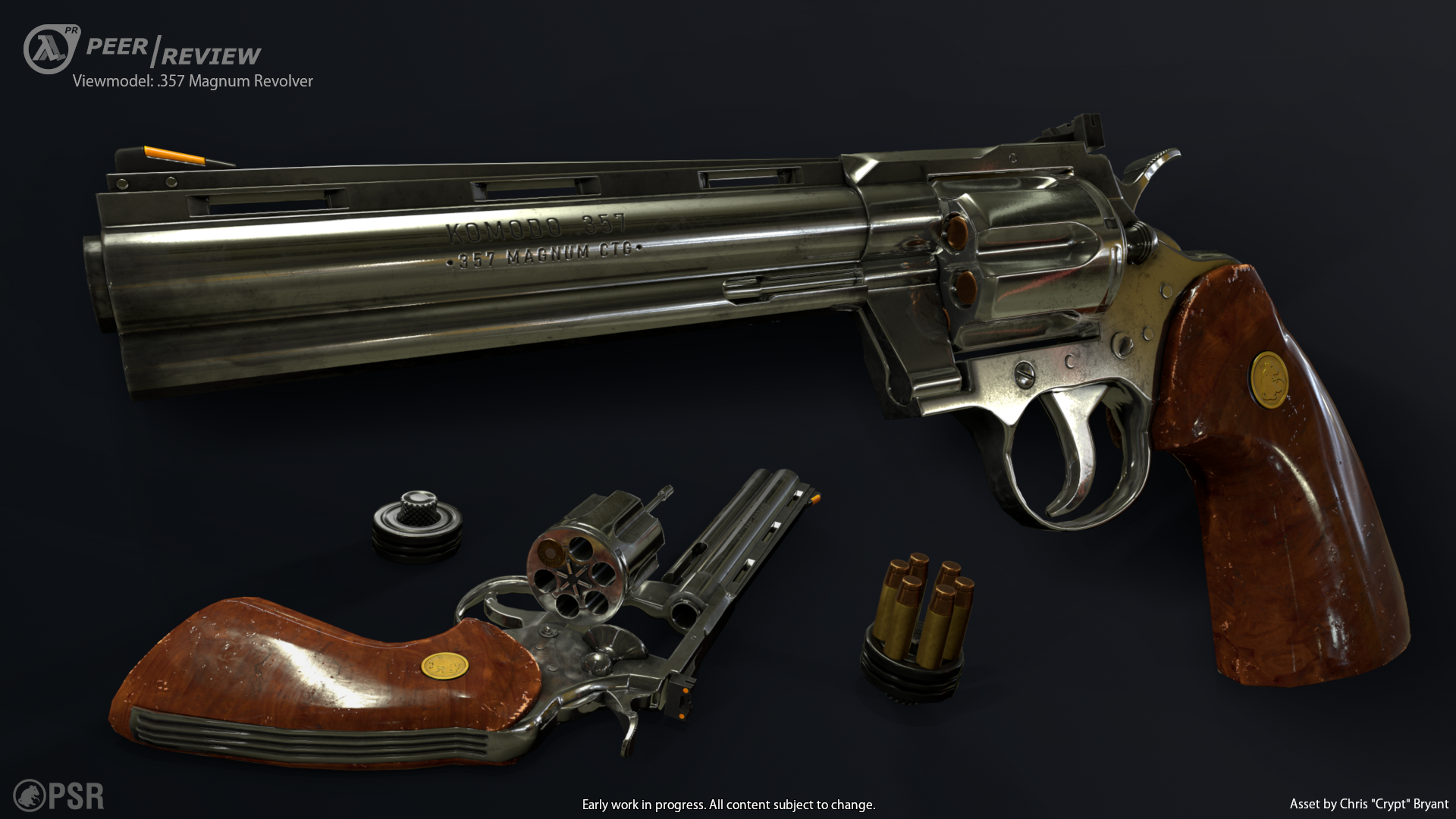
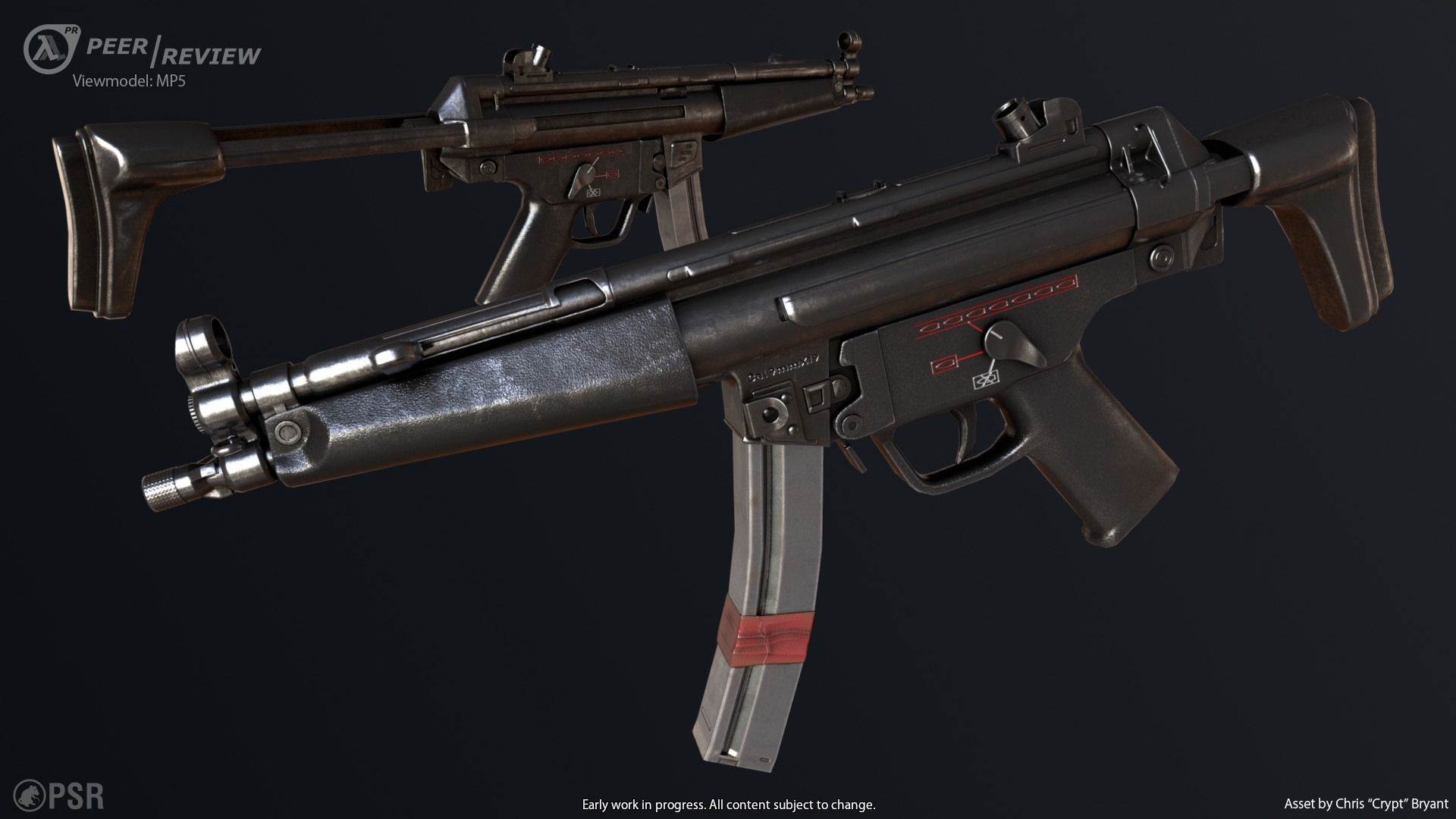
The developers, who call their team PSR Digital, see Peer Review as more of a reimagining of Half-Life Decay than a remaster. Changes are made to better suit co-op and fix plot holes or inconsistencies with Valve's Half-Life games. "The original only had an M4 as its automatic weapon; we kept the M4 but rebalanced it so that it fills a different niche and added an MP5 to fill the role of the old M4. We thought it would be a controversial change, but we've come to agree it was a good one," Lam explains.
Peer Review debuted in December 2018 with a 10-minute gameplay showcase. The reception was widely positive, senior developer Chris Bryant says. "For me personally it was a very big point of pride. We realised we successfully overcame the curse of the Decay remake project," he continues. "We kind of pride ourselves on how often we saw something to the effect of 'Wow, finally a good Decay!'"
Cracking the curse raises the stakes, though. "There's certainly some extra pressure knowing that we set ourselves up to be the attempt at it," Bryant says.
Crowbar Collective's Black Mesa is both a huge inspiration and a daunting quality standard for PSR. "I do still sometimes see people saying this is too much or not enough like Black Mesa depending on their views of that game, but you can't please everyone," Lyons says. "We might get a bit of criticism from some people for not having graphical improvements that Crowbar Collective implemented, but given that we have a much smaller team and no engine license, there's really only so much we can do."
Whether the project manages to reach Black Mesa's size and quality doesn't seem to be the point for its modders. Peer Review—a project made by four avid fans—is not aiming for the polish of a fully-fledged remaster with over a decade of development time.
The developers say they're humbled by the level of support the community is sending their way, especially considering the rocky history of Decay remasters. "I'm super excited to get to the point where we've got our gameplay all down. We're tantalizingly close to being able to just go all-in on our art passes and quality of life improvements," Lyons says.
PSR Digital posts regular updates on ModDB, and recently started work on Peer Review's second alpha. There's still a long way to go, but you can see the remake starting to come together—and hear it, too, thanks to some brand new music.

